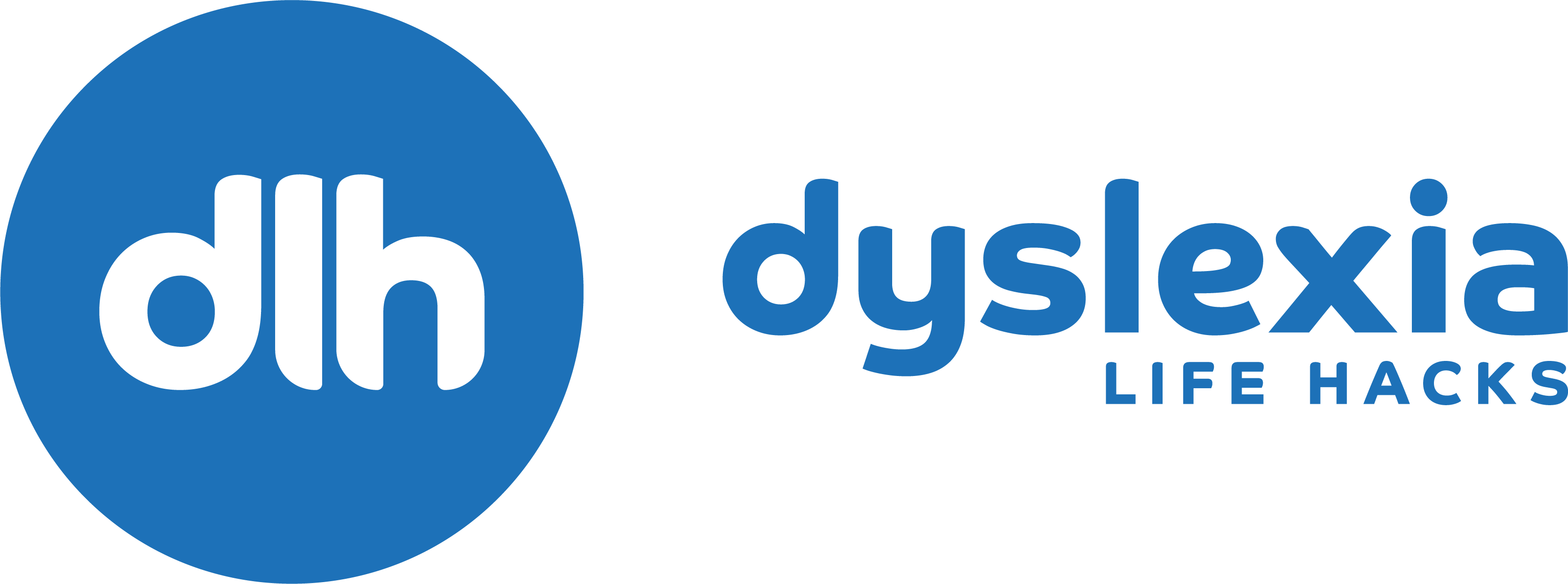.Did you know that up to 40% of children in the US struggle with reading by the fourth grade? In the UK, that’s the equivalent of years 4-5 in Primary School! This enlightening episode features Matthew Head in conversation with Dr. David Hurford, a renowned research scientist and professor at Pittsburgh State University, who also founded CARRD, a non-profit dedicated to supporting individuals with dyslexia.
Dr. Hurford shares his transformative journey from aspiring astronomer to a leading figure in developmental psychology, emphasising the importance of structured literacy in teaching reading. The discussion delves into the emotional toll of dyslexia on children, highlighting the benefits of early intervention for both academic and emotional well-being. Dr. Hurford also introduces CARRD’s affordable evaluations and Dyslexia101.com, a free online dyslexia evaluation platform making resources accessible globally.
A key takeaway from Dr. Hurford’s insights is the balanced perspective on dyslexia; he advises against calling dyslexia a “superpower” and advocates for providing accurate information and unconditional support to children.
This episode is a must-listen for parents, educators, and anyone navigating dyslexia, offering valuable insights and hope for a more inclusive, literate world.





